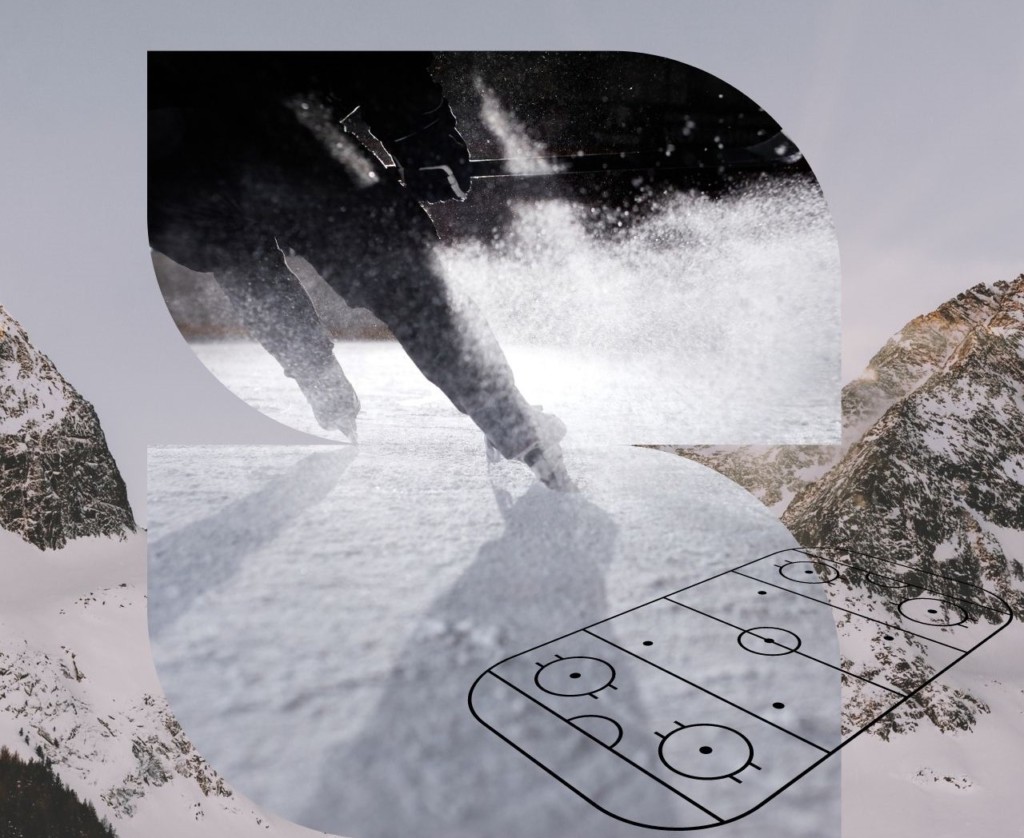
Discussions, documentaries, and installations on the topic of gender violence
By Tania Arora, Staff Reporter, and Katie Czenczek, News Editor
Douglas College hosted the SHIFT: Let’s talk gender violence event from September 24 to September 28 at the New Westminster Campus.
The week started out with a virtual reality experience held in the New West campus’s fishbowl, where students were put into the shoes of Indigenous women trying to hitch a ride along BC’s Highway of Tears. There were multiple news reports of missing and murdered women along Highway 16, many of which said that authorities have either been unable to find the women or have failed to actively investigate these disappearances.
On each day after that, a documentary was showcased and followed by a discussion at the Aboriginal Gathering Place in the South Building of the campus with refreshments for viewers. The documentaries focused on the multitude of issues encompassed within the broad topic of gender violence.
Many attendees to the event enthusiastically participated in the discussion. Douglas College officially partnered with McGill University for the research project on the issue. Jay Solman, Manager at Student Support and Conduct, said at the documentary on Tuesday, “What we typically see is most people tend to think of gender violence as sexual assault which is often not reported, which is unfortunate. Out of thousands of assaults that take place, only a very small percentage is actually reported.”
A screening of Maple: A Documentary was held on September 25. It is a short film on the life of Maple Batalia, a 19-year-old student at Simon Fraser University who was murdered in September 2011 by an ex-boyfriend near the university’s campus in Surrey. Post-screening, a discussion took place with Jasleen Kaur, director of the documentary, and moderator Gurmit Grewal, Counsellor at Douglas College.
When asked by the moderator how many people have actually witnessed gender violence during their lifetime, the majority of people raised their hands in the room. Jasleen Kaur said that what inspired her to shoot this film was that she has “been following Maple Batalia’s story since day one. I was so affected by the incident that I obsessively followed it throughout the entire process. I always wanted to make a movie reflecting on such issues and after this whole incident where it took around five years for the family of Maple to get justice, I wanted to get into the heart of the story. Having talked to the family about this, they instantly agreed.” Kaur started the process in 2016 and it took about a year and a half to make the movie.
The next two documentaries focused on masculinity—through the lens of gender violence on Wednesday, and gender violence against people who are non-binary according to Western/European views of gender on Thursday. Specifically, the Thursday documentary was centred on Two-Spirit peoples, who are disproportionately overrepresented as survivors of gender violence in Canada.
Due to the heavy nature of topics SHIFT focuses on, the last day featured a conversation panel where students could ask the organizers and advocates questions about gender violence. The panel was held on Friday evening and had more than half of Laura C. Muir Theatre filled. Adrienne Meador Murray, a veteran law enforcement officer specialized in investigating instances of gender violence, opened up the discussion by speaking about the issue of consent.
Murray said that people working in Canadian law need to better define when consent can be given.
“With regard to alcohol consumption, I think what’s really important is that people confuse these things all the time,” she said. “This is a very controversial area in the country, and apparently even for judges. People don’t seem to understand consent and consent when alcohol is involved. There are three levels to gauge how drunk someone is […]: impairment, intoxication, and incapacitation. If someone reaches the point that they can no longer operate a motor vehicle legally and are incapacitated, they cannot give consent.”
According to Murray, another problem is that Canadian law often puts too much emphasis on physical injuries when judging sexual assault cases, when most cases do not result in severe physical injuries.
After Murray gave her keynote speech, she moderated the panelists, Kasari Govender, Harlan Pruden, Lisa Smith, and Chloe Garcia. Questions about violence on college campuses were answered, along with a discussion about how colonialism and patriarchy have made gender violence more acceptable in Canadian society.
An art installation called What Were you Wearing? was featured outside the theatre. This exhibit showcased the different items of clothing university students were wearing when they were sexually assaulted. Items including a child’s sundress, a lifeguard uniform, and pajamas were all hanging around the installation. The clothes were next to anonymous accounts from the survivors. Inspired by the poem “What I Was Wearing” by Mary Simmerling, the intent was to dispel the popular myth that a person’s outfit choice determines when and if someone will experience gender violence.
The phenomenon of gender violence can be broadly defined as any act resulting in suffering or harm either physically or psychologically based on gender relations. According to the organization United Nations Women, “It is estimated that 35 percent of women worldwide have experienced either physical and/or sexual intimate partner violence or sexual violence by a non-partner at some point in their lives.” The recent statistics of World Bank show that “Globally, as many as 38 percent of murders of women are committed by an intimate partner,” and “200 million women have experienced female genital mutilation/cutting.”
The facts and figures are never ending, and although they may seem to be growing in numbers, researchers believe that people are starting to speak out against acts of gender violence more in recent years. Hopefully, events like SHIFT can contribute to the dialogue and shed some much-needed light on these issues.


